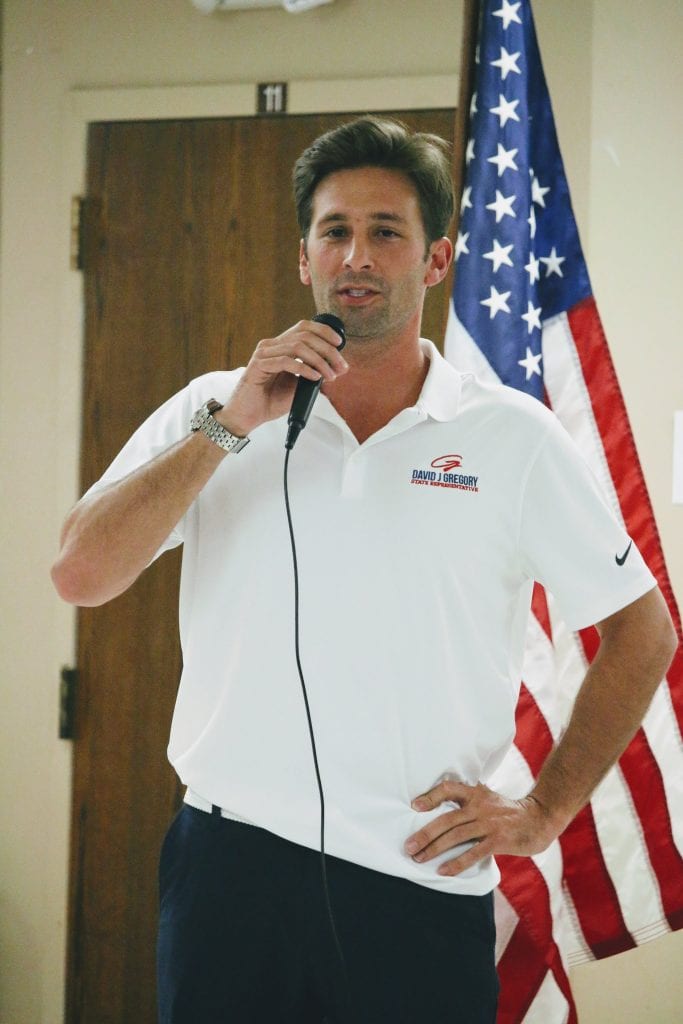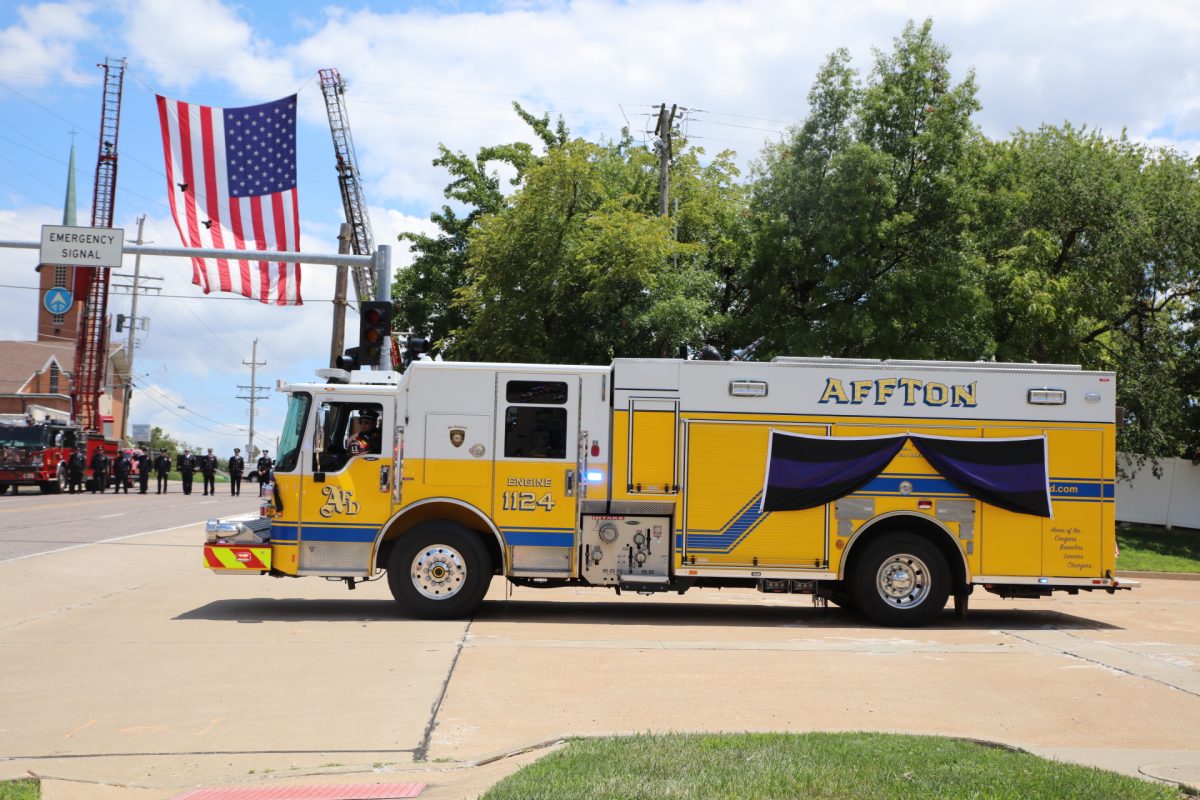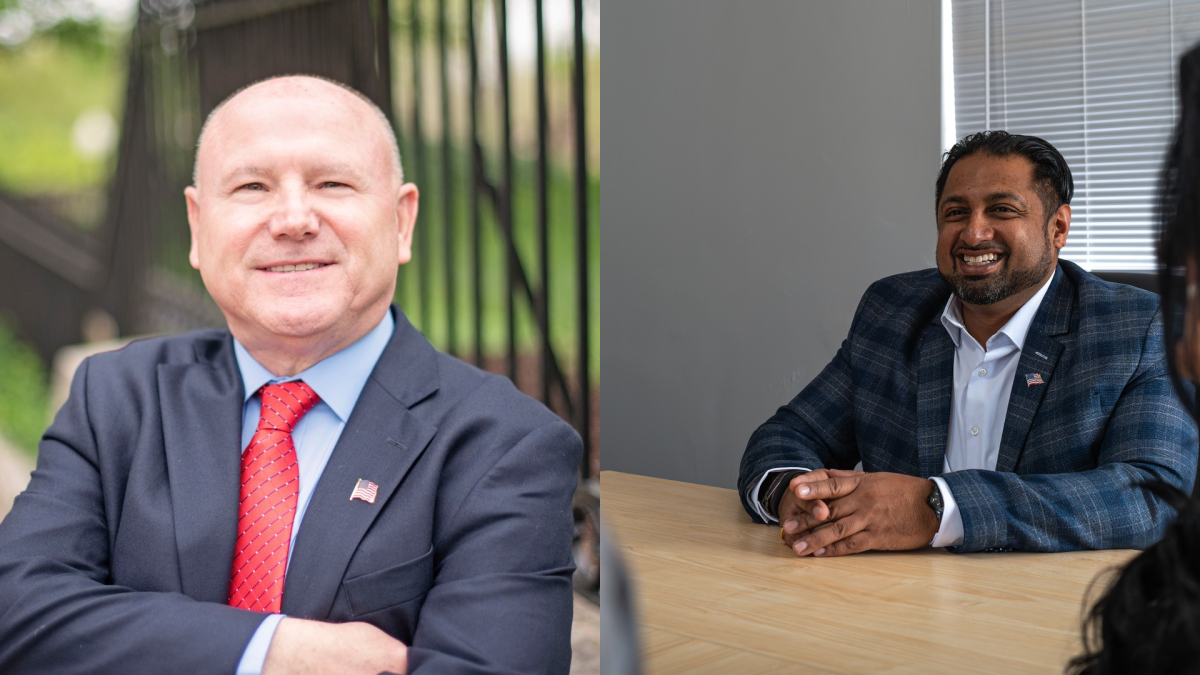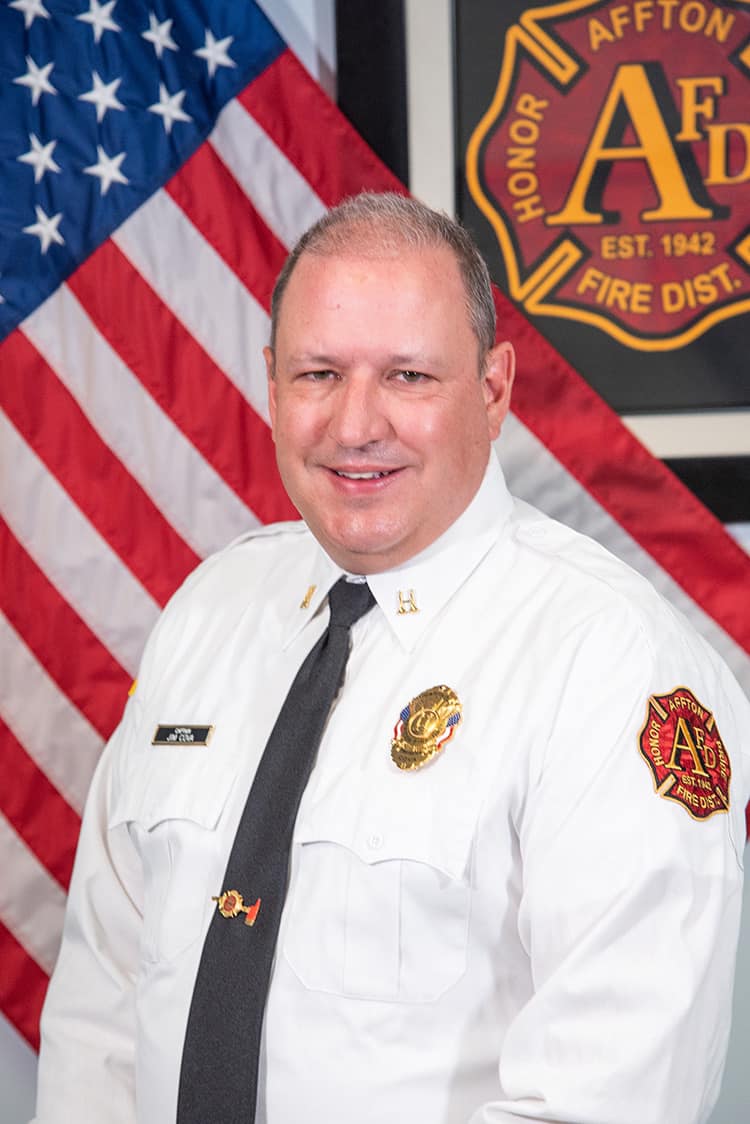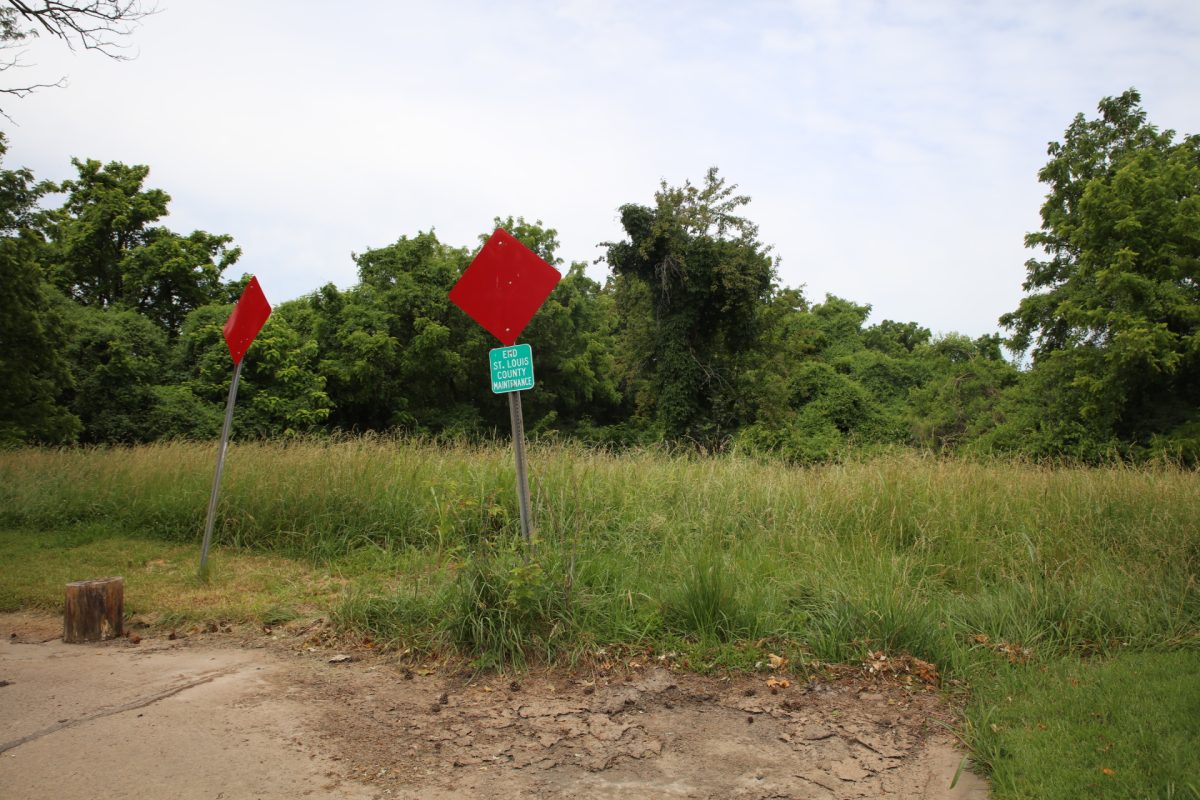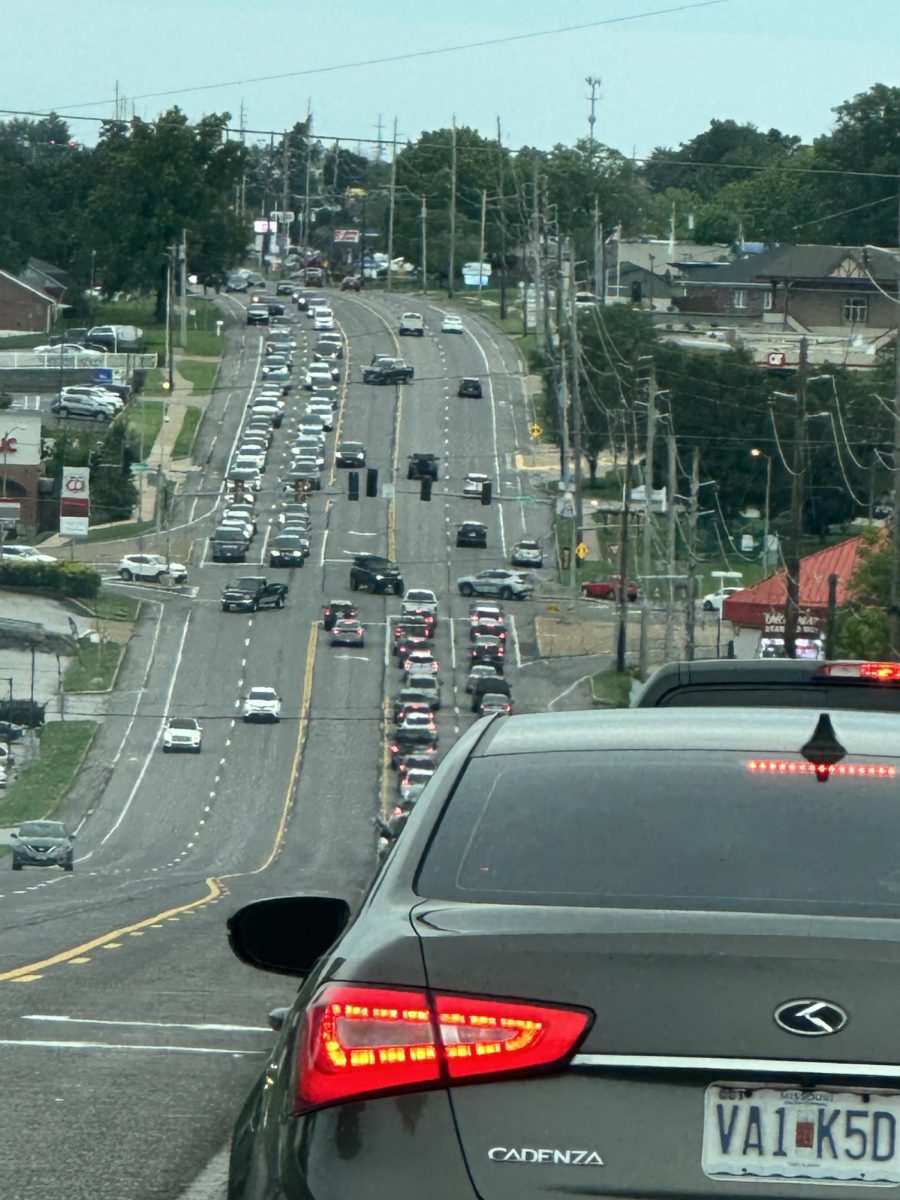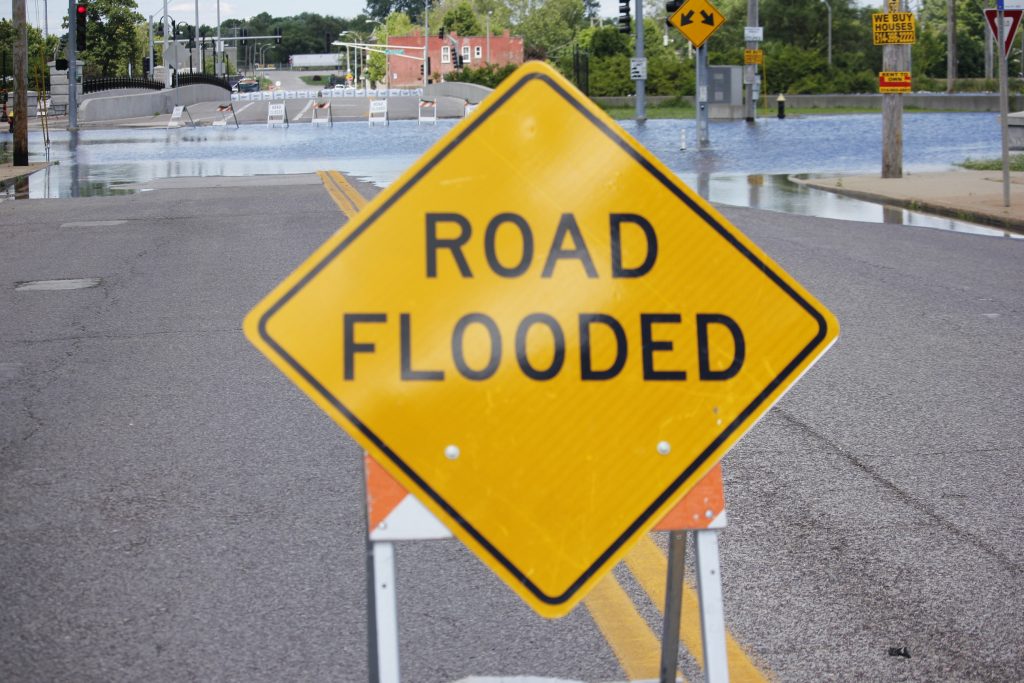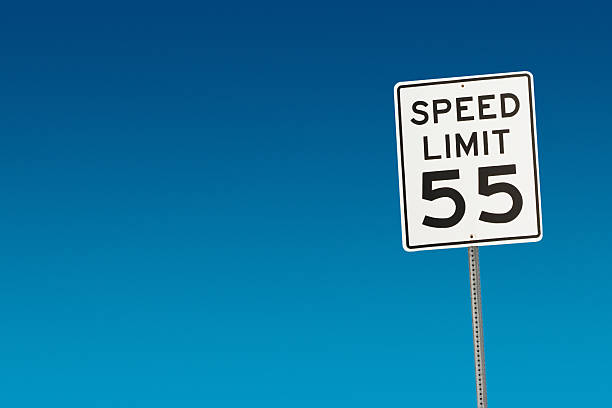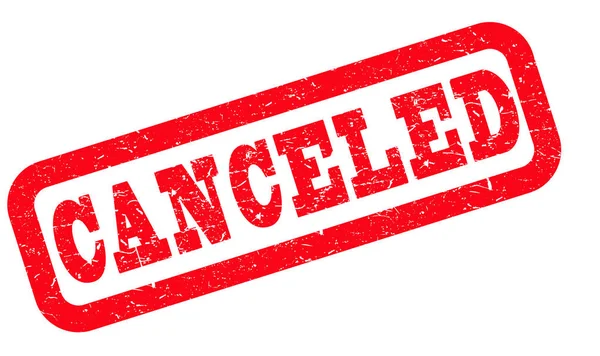Hopes of reversing last year’s vote to ditch the Missouri’s presidential primary were dashed May 11, as gridlock in the Senate forced the issue to be set aside with just a day left before the end of the legislative session.
Sen. Andrew Koenig, R-Manchester, sent the bill back to the House asking that a litany of amendments be removed, including one that would set Missouri’s presidential primary on the first Tuesday after the first Monday in March.
Last year, the legislature opted to switch back to a caucus system. The push to go back to a primary started almost immediately, and the House added the proposal to a bill sponsored by Koenig that focused on transportation development districts.
While senators seemed sympathetic to reinstating the presidential primary, the other amendments on the legislation caused a bipartisan group of lawmakers to stand up and block its passage.
“There are amendments on this bill that are unvetted and poorly drafted,” said Sen. Tracy McCreery, D-Olivette. McCreery’s district also includes Sunset Hills and Fenton.
Sen. Doug Beck, D-Affton, said a compromise could have been found if not for the fact that a handful of Republican senators gummed up the Senate over the first three days of the week, blocking most legislative action and preventing the procedural steps needed to work out a deal with the House.
“This is not your fault,” Beck told Koenig. “Some floor time was used that could’ve been used in committee to put together a pretty good bill.”
In addition to the presidential primary language, the legislation also included a myriad of other election law changes.
Among the most significant would create new criminal charges for threatening or harassing an election worker or authority, or a member of an election worker’s family. It would also make it a misdemeanor, punishable by up to a year in prison, to post personal information of election workers on the internet, such as addresses or phone numbers.
But the big sticking points discussed on Thursday focused on requiring voters declare a party affiliation, mandating certain ballot language for local tax measures and a lack of funding in the budget to pay for a presidential primary.
The Independent’s Annelise Hanshaw contributed to this story.
Missouri Independent is part of States Newsroom, a network of news bureaus supported by grants and a coalition of donors as a 501c(3) public charity. Missouri Independent maintains editorial independence. Contact Editor Jason Hancock for questions: info@missouriindependent.com. Follow Missouri Independent on Facebook and Twitter.




















